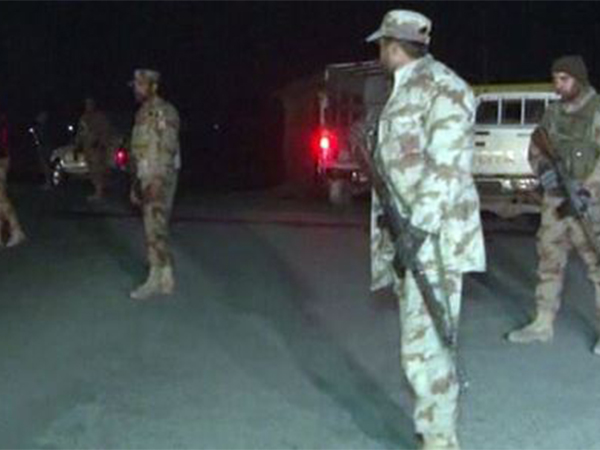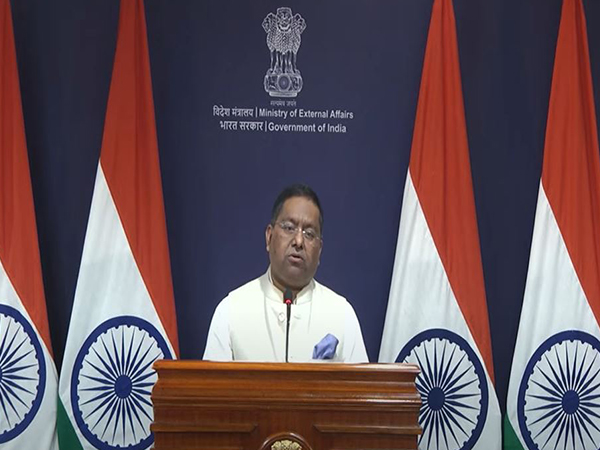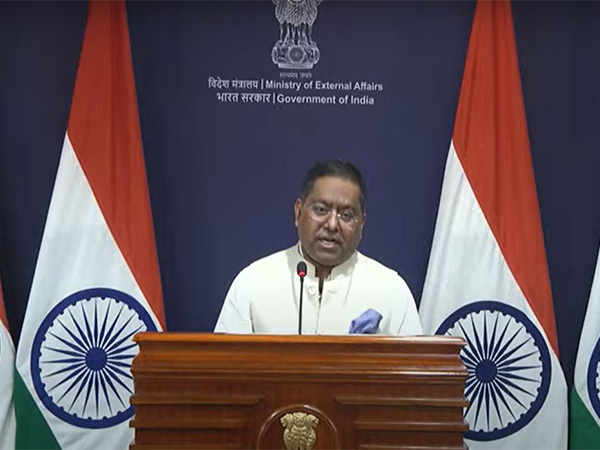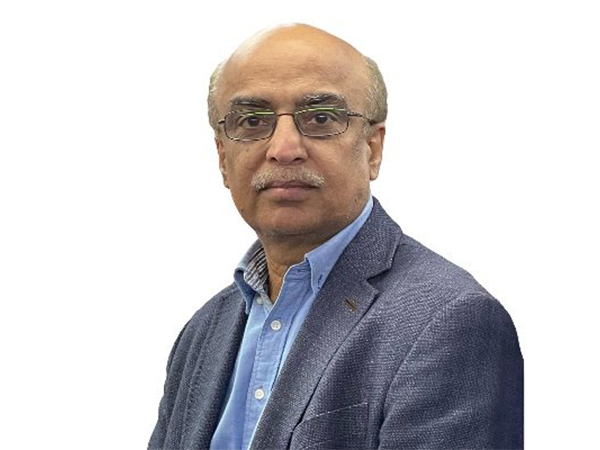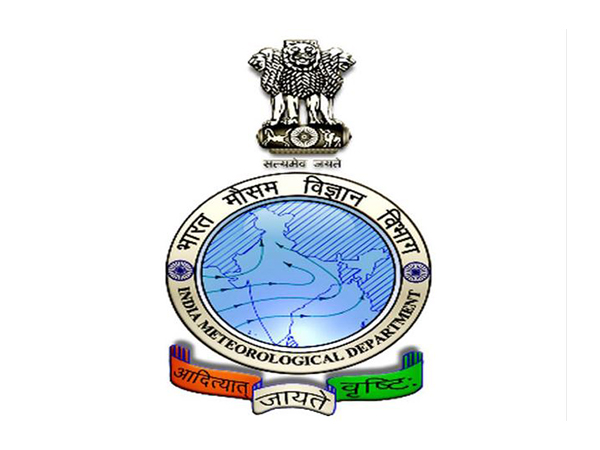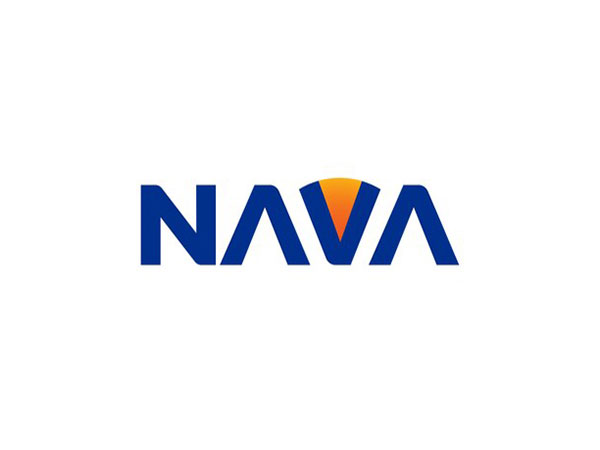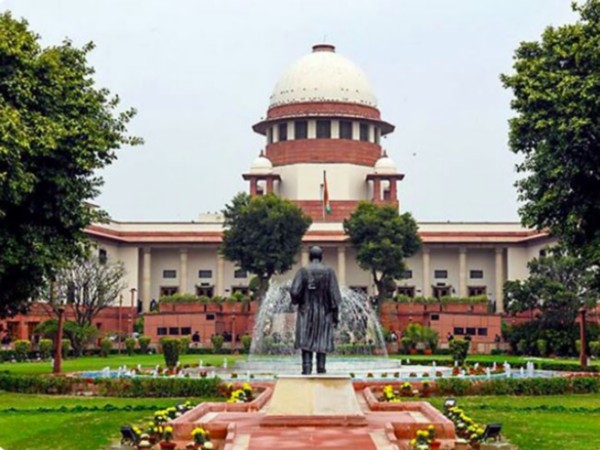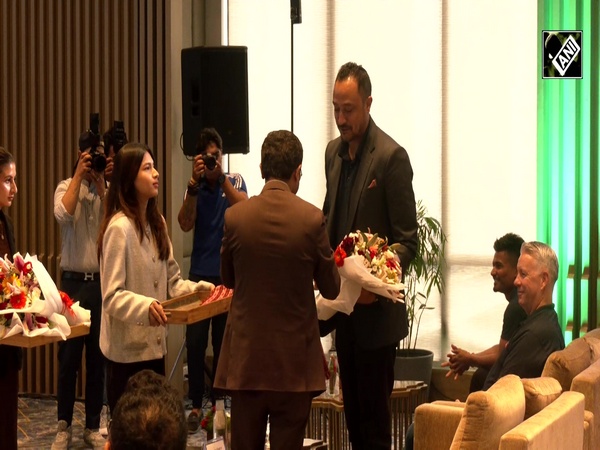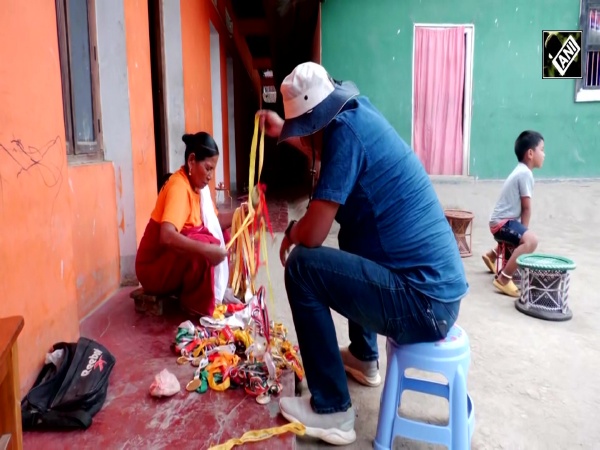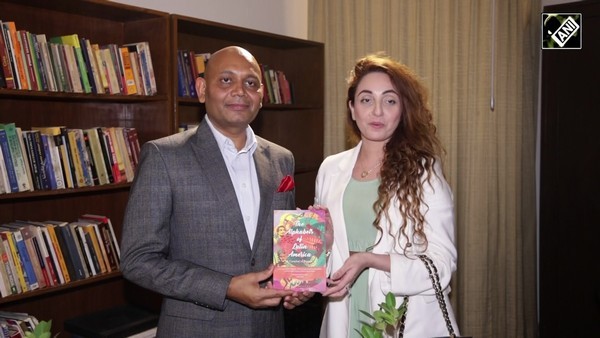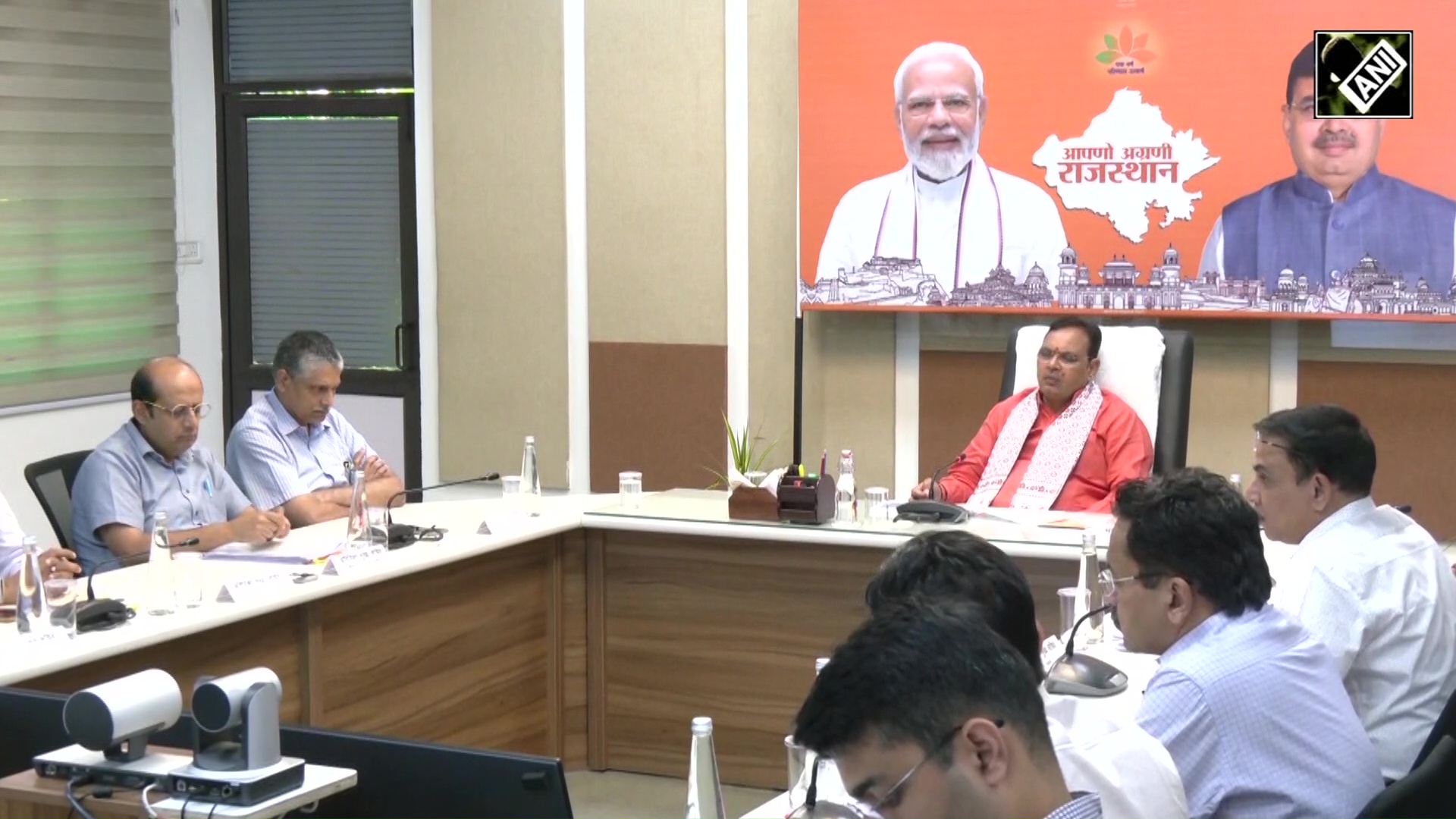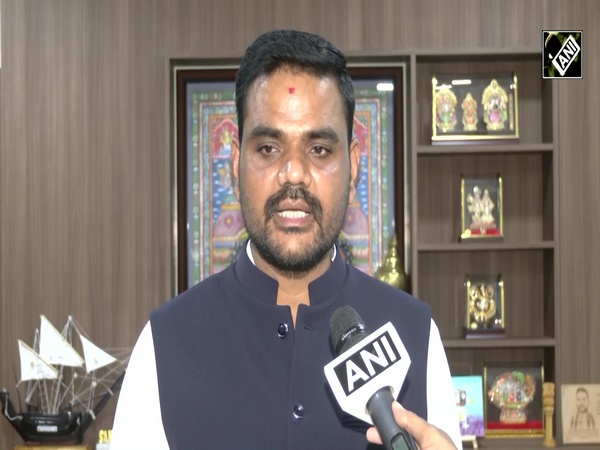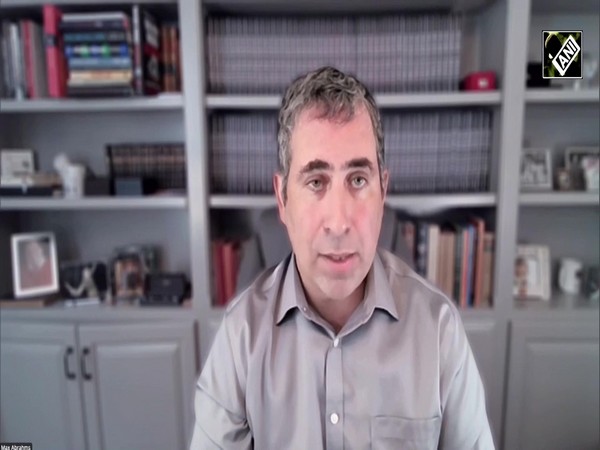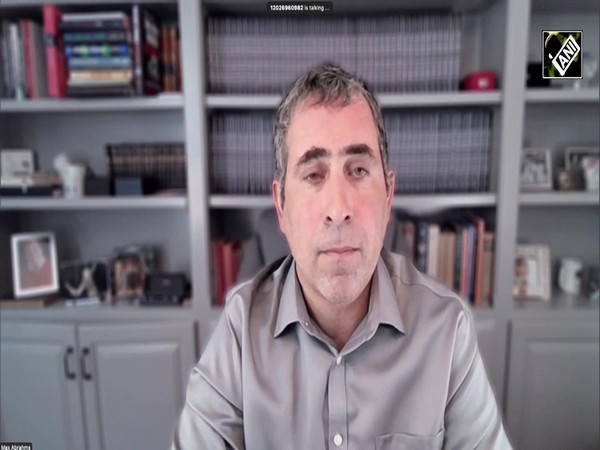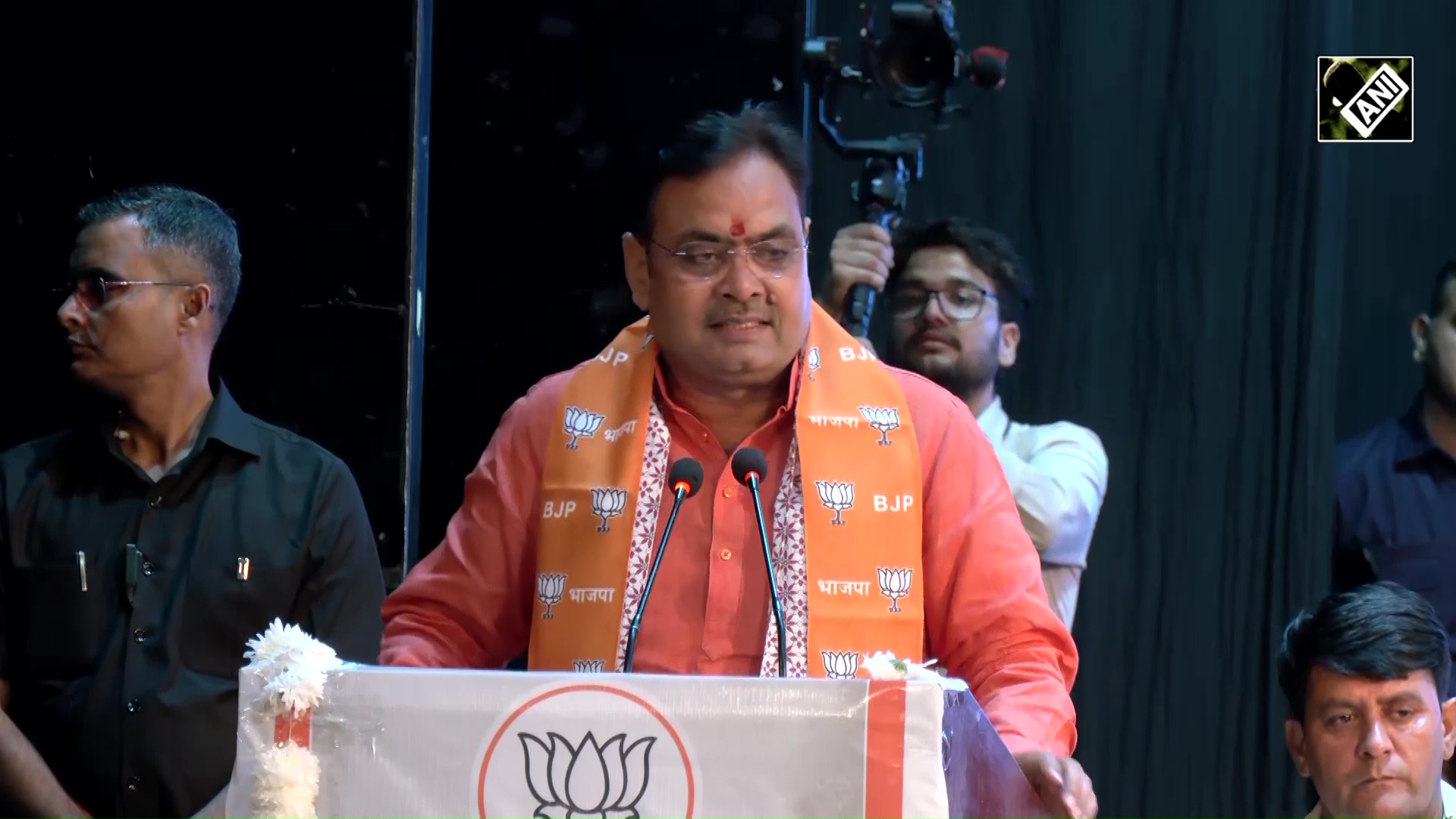US Assistant Secy of State for Energy Resources highlights cooperation with India in high-technology areas
Feb 05, 2024

Washington, DC [US], February 5 : The US Assistant Secretary of State for Energy Resources, Geoffrey R Pyatt, highlighted on Monday the significance of the initiative on the Critical and Emerging Technology (iCET) framework as one of the key frameworks in India-US cooperation in high-tech areas.
Pyatt also said that US national advisors have recently decided to announce the addition of critical minerals and clean energy technology as new pillars to the iCET framework, emphasising the aim to accelerate deployment and foster collaboration between laboratories in innovative domains.
"One of the key frameworks for our cooperation with India in high-technology areas is the iCET framework. Our national security advisors have recently decided to add critical minerals and clean energy technology to the iCET as a new pillar," the US top official said, addressing a virtual press briefing.
"We seek to push the pace of deployment to empower collaboration between our laboratories in areas of innovation," he added.
In May 2022, President Joe Biden and Prime Minister Narendra Modi announced the US-India initiative on Critical and Emerging Technology (iCET). The iCET partnership was formally launched in January 2023. The initiative aims to expand and elevate bilateral strategic technology partnerships and defense industrial cooperation between the two governments, businesses, and academic institutions.
Speaking on his recent visit to India, Pyatt said that he was at the US India Forum in Delhi, and commended the strong focus on energy transition and climate issues, contributing to a broader discussion on these critical topics.
Recalling his meeting with Union Minister Hardeep Singh Puri, the Assistant Secretary of State said that he was "enormously gratified" to spend time with his "old friend.".
The two leaders engaged in discussions about converging interests in energy security and global energy market stability and shared concerns regarding geopolitical disruptions.
"Enormously gratified to spend a little time with my old friend and Minister Hardeep Singh Puri. Minister Puri and I had a broad discussion about our converging interests in energy security, stability in global energy markets, the destabilizing impact of Russia's actions, the invasion of Ukraine, but also concerns around the Red Sea, Iran's activities, Venezuela, all of the disruptions in global oil markets, in particular, that the United States and India are navigating together. Our shared interest in the stability of those markets, delivering the energy our citizens need and doing so in a way that has the lowest possible carbon footprint," said Pyatt.
On his visit to the new US consulate in Hyderabad and Microsoft's Hydrobot campus, the US Secretary of State for Energy Resources said that the progress was "jaw-dropping" adding, he was enormously proud to visit the US' new consulate.
He also laid emphasis on the alignment between Indian companies and the United States in reducing dependence on Chinese-dominated clean technology supply chains. The need to scale supply chains for a successful collective energy transition was emphasised, with Pyatt noting that Indian capacities in manufacturing and labour costs play a crucial role in building alternative supply chains.
"Indian companies are fully aligned with the United States in terms of our shared interest of reducing our exposure to Chinese domination of clean technology supply chains, and in the Indian base, using India's capacities in manufacturing and labour costs to build up a real alternative supply chain. One of the pacing factors in the success or failure of our collective energy transition is going to be our ability to scale the supply chains for everything," he also said.
The United States and India affirm that the ways in which technology is designed, developed, governed, and used should be shaped by our shared democratic values and respect for universal human rights. We are committed to fostering an open, accessible, and secure technology ecosystem, based on mutual trust and confidence, that will reinforce our democratic values and democratic institutions.
